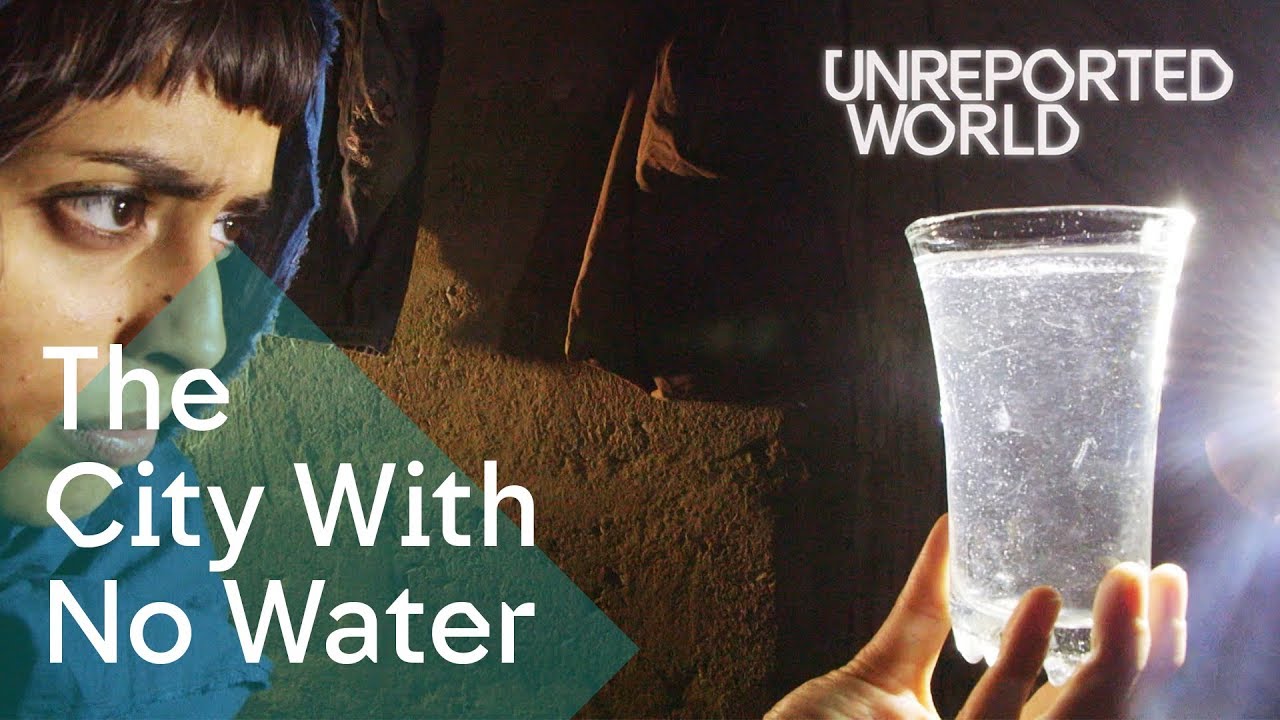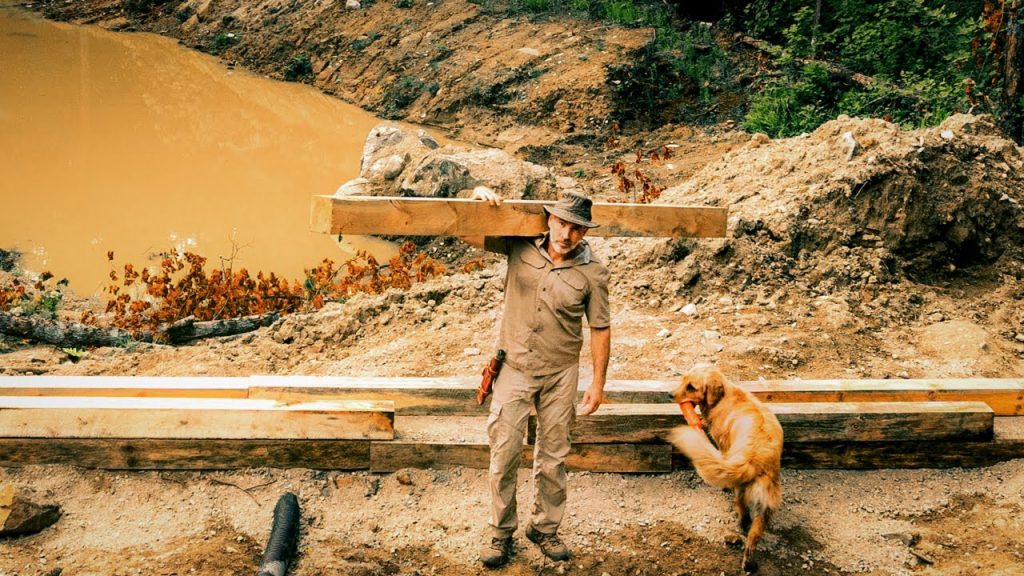Pakistan’s City with No Water

The City with no water: Imagine having to spend half your salary or more buying water, sometimes only available illegally from criminals.
Or if water taps in your area only ran once a fortnight in the middle of the night for less than two hours. That was the situation for millions in the city of Karachi, Pakistan back in 2016, where climate change and mismanagement saw the supply of water drastically reduced. Ordinary families were the hardest hit.
What steps can the government and civil society take to address the water crisis in Karachi, Pakistan?
Pakistan’s City with No Water: A Crisis That Must Be Addressed
Pakistan’s city of Karachi is facing a severe water shortage crisis that has left millions of its residents struggling to meet their basic needs. Karachi, with a population of over 23 million, is the largest city in Pakistan and the sixth-largest city in the world. However, despite its size and significance, it is a city with no water.
The water shortage in Karachi is not a new phenomenon, but it has worsened over the years. The city is heavily reliant on groundwater, which has been depleted drastically due to overuse and lack of proper management. Moreover, the city’s infrastructure has not kept pace with its population growth, leading to inadequate water supply and distribution facilities.
Most residents of Karachi have to depend on tanker water, which is supplied by private contractors. The tanker water is of questionable quality, and its excessive demand has led to skyrocketing prices, making it unaffordable for many residents. The situation has led to large-scale protests, with residents taking to the streets to demand their right to clean water.
The lack of water has severe implications for the city’s health, economy, and social stability. Without adequate and safe water, residents are at risk of waterborne diseases such as cholera, typhoid, and hepatitis A. The shortage of water also affects the city’s economy, with businesses closing down or struggling to run without access to adequate water. The lack of water has social implications too, with many people spending most of their time and energy in search of water.
The Karachi Water and Sewerage Board (KWSB), the authority responsible for managing the city’s water supply and sewerage system, has been unable to solve the water crisis due to various reasons, including corruption, lack of investment, and poor governance. The situation demands the attention of the government and the civil society to act urgently and comprehensively.
Firstly, there is a need for investment in infrastructure development, including the installation of new water treatment plants, upgrading existing ones, and improving water distribution systems. The government must increase funding for the KWSB to enable them to carry out their operations effectively.
Secondly, the government must take action against the private contractors who monopolize the tanker water business and charge exorbitant prices. The government should regulate the sector and set a maximum price for tanker water, and ensure that water quality meets minimum standards.
Thirdly, there is a need for public awareness campaigns to sensitize citizens on the importance of water conservation, as well as the risks that come with the scarcity of water. Citizens must be educated on the need to adopt sustainable practices such as rainwater harvesting, groundwater recharge, and efficient water use.
Fourthly, there is a need to address the issue of corruption and poor governance in the management of Karachi’s water resources. The government must strengthen accountability mechanisms and ensure that officials responsible for managing water resources are held accountable for their actions.
In conclusion, Karachi’s water crisis is a matter of urgency that demands the attention of all stakeholders. The government must take bold and decisive action to address the issue, investing in infrastructure development, regulating the tanker water industry, creating awareness, and addressing corrupt practices. Failure to address the water crisis in Karachi risks not just the health, economy, and social stability of the city but that of the entire country.










How to Get a World-Famous Actor in your Short Film
Millions of Mice Are Terrorizing Australia
Ross Takes on Armed Men
PLEASE HELP: What Should I Do With All These FIRE ANTS?
Texan maker’s underground survival bunkers are real batcaves